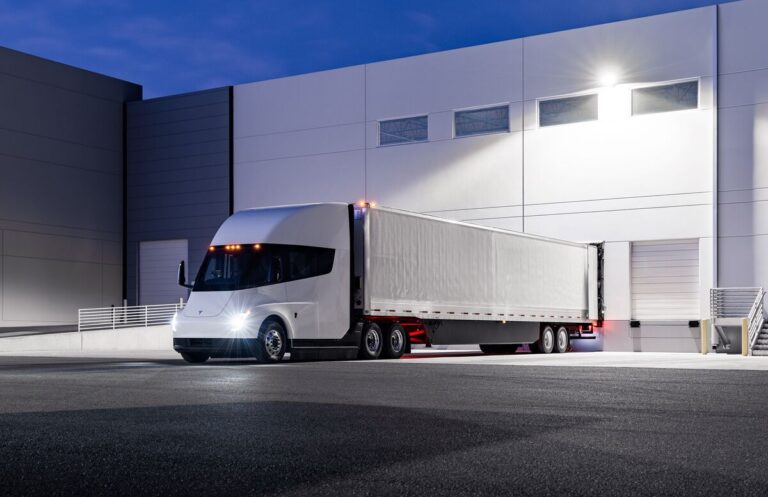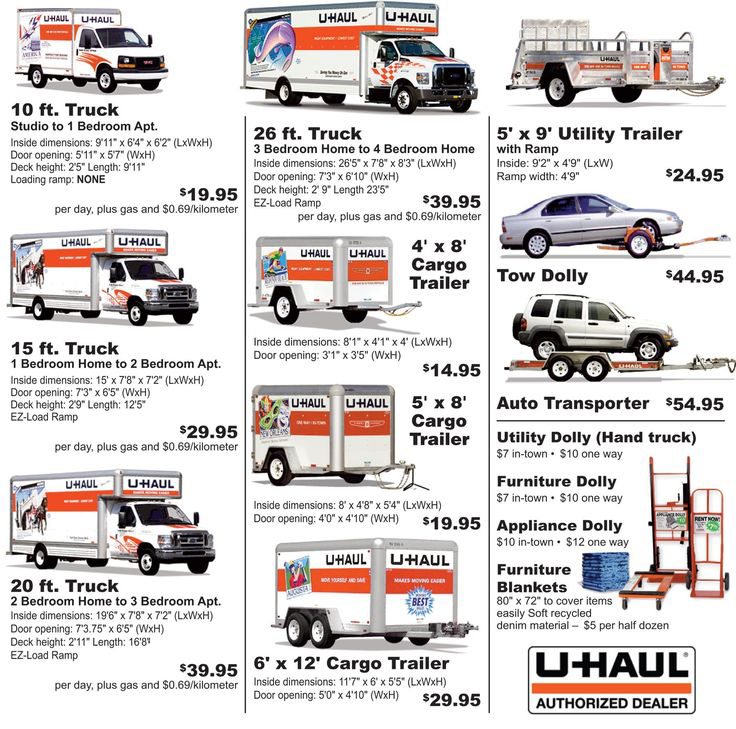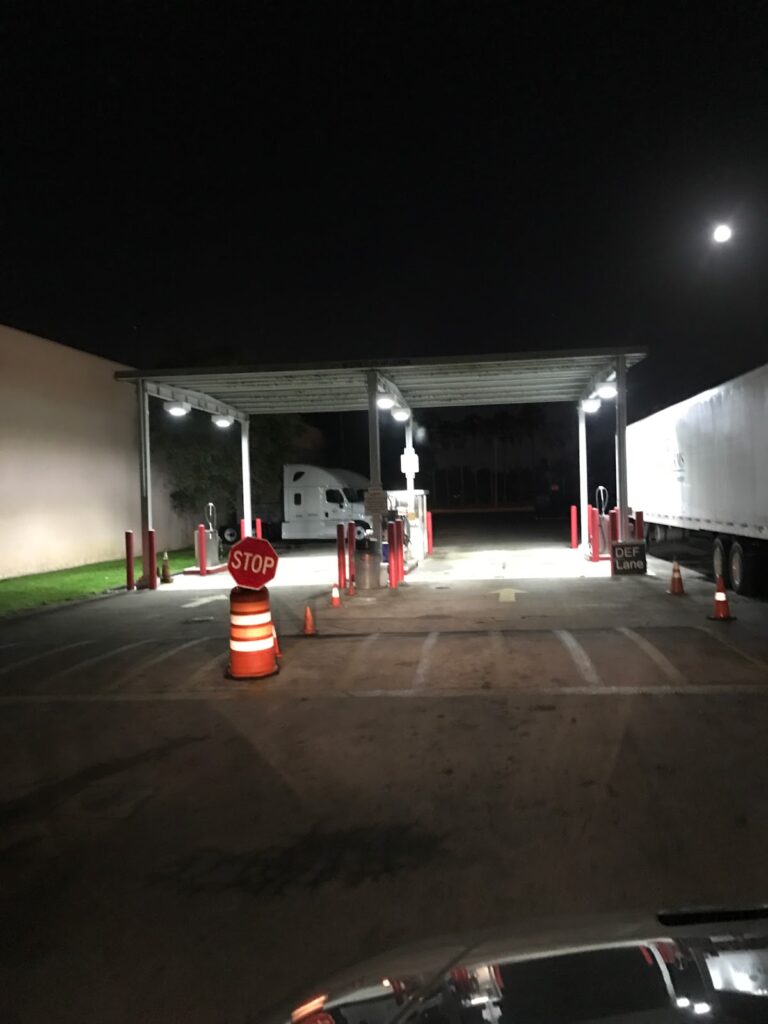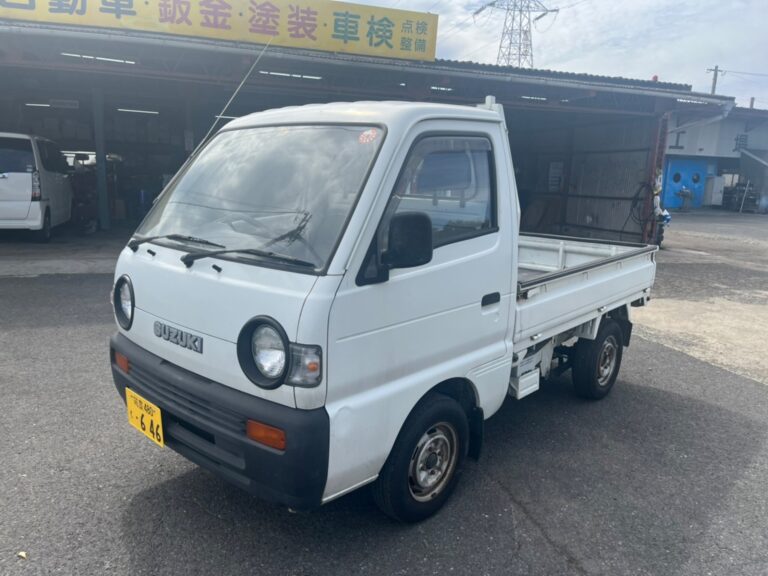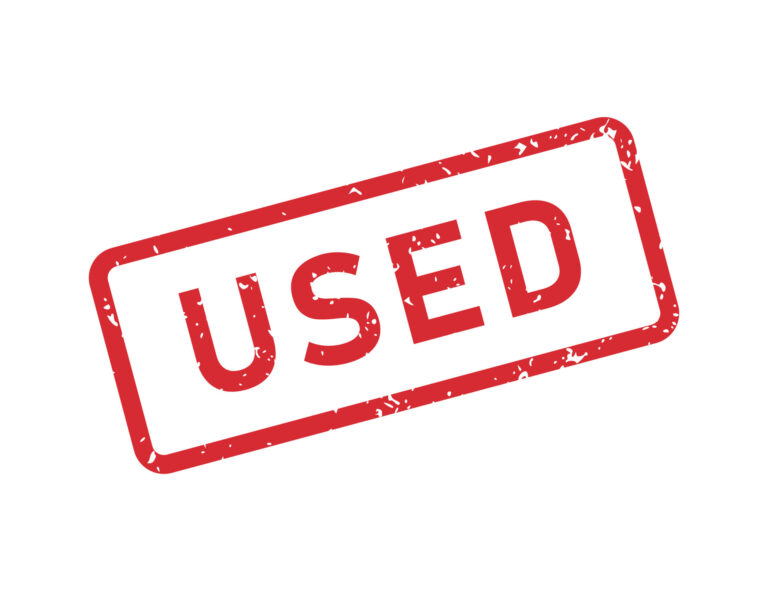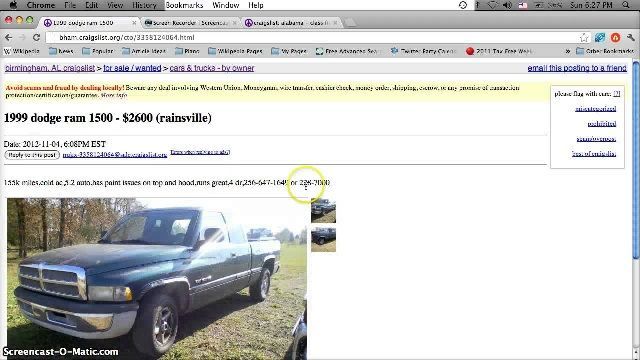U-Haul Car Trailers: Your Comprehensive Guide to Vehicle Transport
U-Haul Car Trailers: Your Comprehensive Guide to Vehicle Transport cars.truckstrend.com
Moving a vehicle, whether it’s across town or across the country, can often be as complex as moving an entire household. For countless individuals and families, professional vehicle shipping services can be prohibitively expensive or lack the flexibility desired. This is where U-Haul Car Trailers step in as an indispensable solution. U-Haul, a household name synonymous with DIY moving, provides an accessible, cost-effective, and practical way to transport your car, truck, or SUV safely and efficiently. Understanding the various options, benefits, and operational aspects of U-Haul Car Trailers is crucial for anyone planning a vehicle relocation.
What Are U-Haul Car Trailers?
U-Haul Car Trailers: Your Comprehensive Guide to Vehicle Transport
U-Haul Car Trailers are specialized pieces of towing equipment designed to allow individuals to transport their personal vehicles behind a compatible towing vehicle. U-Haul offers two primary types of car trailers, each suited for different needs and vehicle types:
- U-Haul Auto Transport: This is a full, four-wheel trailer designed to carry the entire vehicle off the ground. It features an independent suspension, braking system, and ramps for easy loading. The Auto Transport is ideal for longer distances, heavier vehicles, all-wheel-drive (AWD) vehicles, or those with low ground clearance that cannot be lifted by a tow dolly.
- U-Haul Tow Dolly: This is a two-wheel trailer that lifts only the front wheels of the towed vehicle off the ground, leaving the rear wheels to roll on the pavement. Tow dollies are generally lighter, more compact, and more economical for shorter distances or lighter, front-wheel-drive (FWD) vehicles.
Both options provide a robust solution for vehicle transport, offering peace of mind and significant cost savings compared to professional shipping services. The widespread availability of U-Haul Car Trailers across thousands of locations nationwide makes them a go-to choice for anyone needing to move a vehicle.
Benefits of Using U-Haul Car Trailers
Opting for U-Haul Car Trailers presents a compelling array of advantages for vehicle owners:
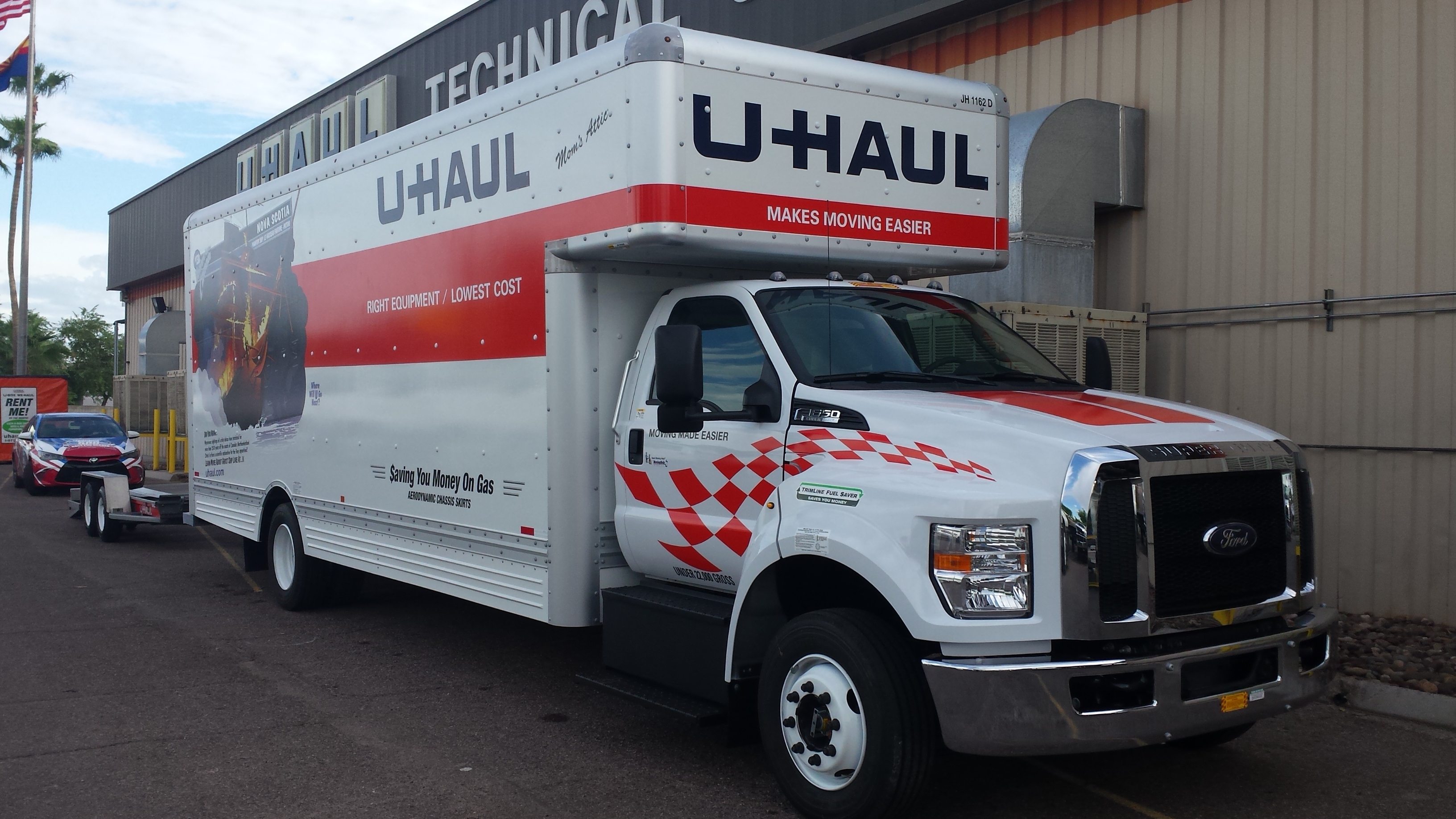
- Cost-Effectiveness: Renting a U-Haul car trailer is typically much cheaper than hiring a professional auto transport company, especially for one-way moves or shorter distances.
- Control and Flexibility: You dictate the schedule, route, and pace of your move. There’s no waiting for a third party, allowing for greater personal convenience.
- Safety Features: U-Haul car trailers are designed with safety in mind, featuring sturdy construction, integrated braking systems (on auto transports), heavy-duty tie-downs, and easy-to-use loading ramps.
- Accessibility: With thousands of U-Haul locations, finding and returning a car trailer is incredibly convenient, even in rural areas.
- Versatility: Whether you have a compact car, a mid-size SUV, or even certain trucks, there’s a U-Haul car trailer designed to accommodate it, provided your towing vehicle meets the requirements.
- Peace of Mind: Your vehicle remains under your direct care and supervision throughout the journey, minimizing concerns about damage or delays often associated with third-party transport.

Choosing the Right U-Haul Car Trailer
Selecting the appropriate U-Haul Car Trailer is paramount for a safe and successful transport. Your choice primarily hinges on your towed vehicle’s characteristics and your towing vehicle’s capabilities.
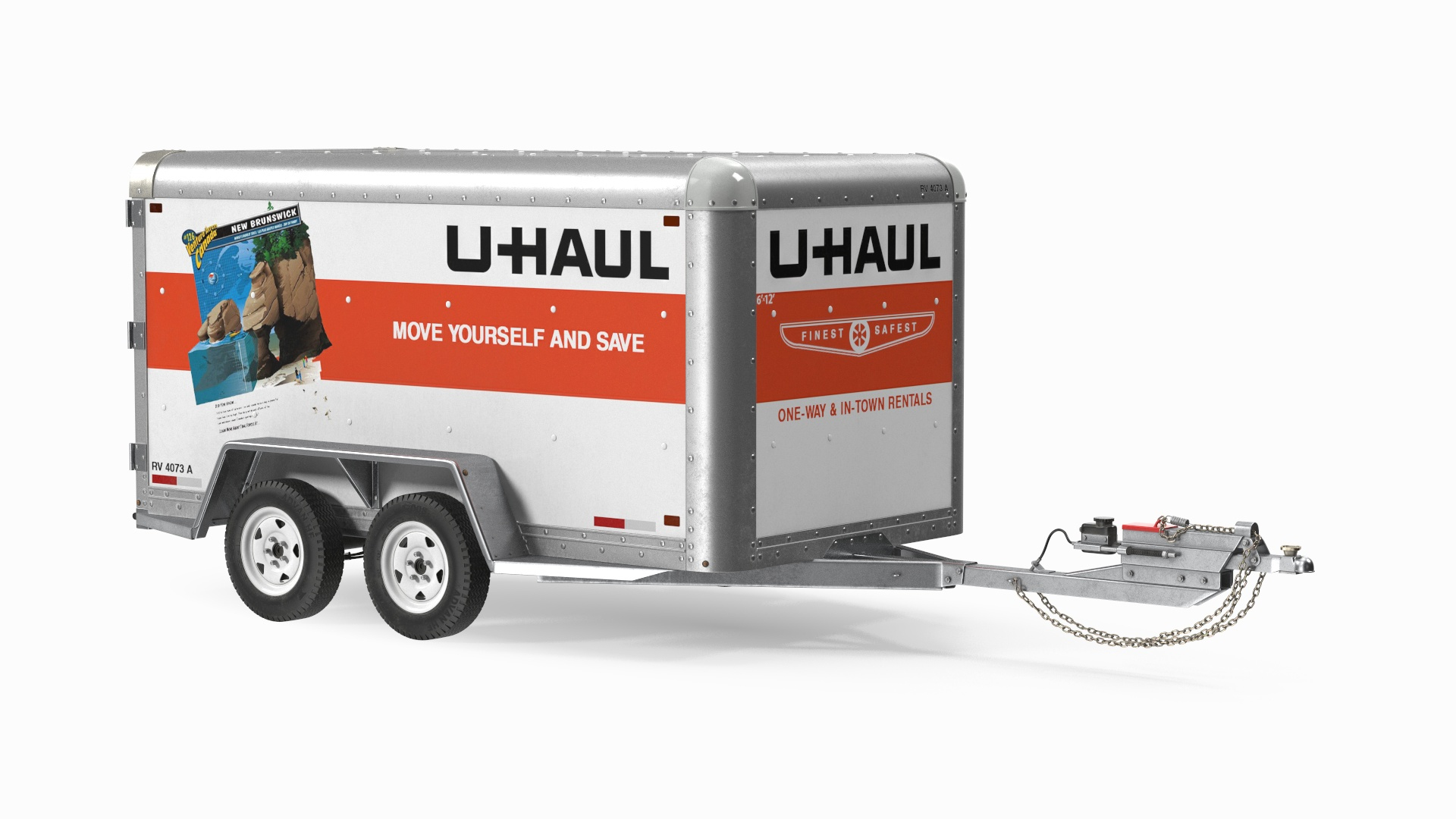
U-Haul Auto Transport
- Ideal For: All-wheel-drive (AWD) or 4×4 vehicles (as all four wheels are off the ground), luxury cars, classic cars, vehicles with low ground clearance, longer distances, and heavier vehicles up to a certain weight limit (typically around 5,290 lbs).
- Capacity & Features: Auto transports are robust, featuring an independent suspension for a smoother ride, hydraulic surge brakes for added safety, and easy-to-use ramps. They have adjustable tie-downs to secure the vehicle firmly.
- Considerations: Requires a towing vehicle with a higher towing capacity and a proper hitch (Class III or IV, 2" or 2-5/16" ball).
U-Haul Tow Dolly
- Ideal For: Front-wheel-drive (FWD) vehicles, lighter vehicles (typically up to 3,450 lbs for the vehicle’s curb weight), shorter distances, and those looking for a more economical option.
- Capacity & Features: Tow dollies are simpler, lighter, and often easier to maneuver. They come with heavy-duty security chains and ratchet tire straps to hold the front wheels securely.
- Considerations: Not suitable for AWD/4×4 vehicles (unless the drive shaft can be disconnected), and the towed vehicle’s steering wheel must be secured to prevent damage to the steering column. Requires a towing vehicle with a Class I, II, or III hitch.
Key Decision Factors:
- Towed Vehicle Type: FWD, RWD, AWD, 4×4.
- Towed Vehicle Weight: Crucial for matching with trailer capacity and towing vehicle limits.
- Towing Vehicle Capacity: The most critical factor. Your towing vehicle’s Gross Combined Weight Rating (GCWR) must exceed the combined weight of your towing vehicle, the U-Haul car trailer, and the towed vehicle.
- Distance: For very long hauls, an Auto Transport might offer more peace of mind due to its full support and braking system.
- Personal Comfort: Consider your experience with towing. A tow dolly is simpler, but an auto transport offers more stability for heavier loads.
How to Rent and Use a U-Haul Car Trailer
Renting and using U-Haul Car Trailers is a straightforward process, but it requires attention to detail and adherence to safety guidelines.
-
Reservation Process:
- Online/Phone: The easiest way to reserve. You’ll need details about both your towing vehicle (make, model, year, hitch type) and your towed vehicle (make, model, year, drive type, weight). This information helps U-Haul ensure compatibility and safety.
- In-Person: Visit a U-Haul location to discuss your needs and make a reservation.
-
Pickup and Inspection:
- At pickup, U-Haul staff will assist you in connecting the trailer to your towing vehicle. They’ll ensure the hitch ball is properly sized, the safety chains are connected, and the lighting harness is functional.
- Pre-Rental Check: Always perform your own visual inspection. Check tire pressure on the trailer, look for any visible damage, and confirm all lights (tail, brake, turn signals) are working.
-
Loading Your Vehicle:
- Auto Transport: Drive your vehicle slowly onto the ramps, centering it on the trailer. Once positioned, engage the parking brake. Use the provided heavy-duty ratchet straps to secure all four tires firmly to the trailer.
- Tow Dolly: Drive the front wheels of your FWD vehicle onto the dolly ramps until they are centered in the cradles. Secure the tires with the provided straps. Crucially, straighten the steering wheel and then secure it in place (e.g., with a seatbelt or bungee cord) to prevent it from turning during transit, which can cause damage or instability.
-
Safe Towing Practices:
- Pre-Trip Checks: Before every departure, re-check tire pressure on both the towing and towed vehicles, confirm all lights are working, and ensure tie-downs are tight.
- Driving Tips:
- Reduce Speed: Towing significantly increases stopping distances and reduces maneuverability. Drive slower than usual.
- Wider Turns: Account for the extra length and width of the trailer, especially when turning or navigating tight spaces.
- Increased Braking Distance: Begin braking much earlier than you normally would.
- Mirror Checks: Frequently check your side mirrors to monitor the trailer and towed vehicle.
- Weight Distribution: Ensure the towed vehicle is centered and balanced on the trailer to prevent sway.
- Parking: Park in areas with plenty of space to avoid tight maneuvers.
-
Unloading and Return:
- Unload your vehicle in a safe, level area. Reverse the loading process, carefully releasing the straps and driving off the trailer.
- Return the U-Haul car trailer to the agreed-upon location on time.
Important Considerations and Potential Challenges
While U-Haul Car Trailers offer convenience, there are vital factors to consider:
- Towing Vehicle Requirements: Your towing vehicle must meet specific U-Haul requirements for weight, hitch class, and often, a working light connection. Never exceed your vehicle’s stated towing capacity.
- Driving Experience: Towing changes the dynamics of driving. If you’re new to towing, practice in a safe, open area before hitting the highway.
- Fuel Economy: Expect a significant decrease in your towing vehicle’s fuel efficiency due to the added weight and wind resistance.
- Insurance: Check your personal auto insurance policy for coverage while towing. U-Haul offers supplemental coverage options like SafeTow, which can protect you from damage to the trailer or the towed vehicle while on the trailer.
- Road Restrictions: Be aware that some tunnels, bridges, or parkways may have restrictions on vehicles with trailers. Plan your route accordingly.
- Hidden Costs: Factor in fuel, potential extra days for rental, and optional insurance.
Tips for a Smooth U-Haul Car Trailer Experience
To ensure your vehicle transport with U-Haul Car Trailers is as smooth as possible:
- Plan Ahead: Reserve your trailer well in advance, especially during peak moving seasons.
- Know Your Weights: Accurately determine the curb weight of your towed vehicle and the towing capacity of your towing vehicle.
- Inspect Everything: Before driving off, double-check all connections, straps, and lights.
- Practice Backing Up: If using an Auto Transport, practice backing up in an empty lot. It’s an acquired skill!
- Secure Everything Properly: Loose straps or an unsecured steering wheel on a tow dolly can lead to serious problems.
- Take Breaks: Long hours of towing can be fatiguing. Take frequent breaks to rest and re-inspect your setup.
- Stay Informed: Check weather conditions and road reports along your route.
U-Haul Car Trailer Price Guide (Estimated)
Please note: Prices for U-Haul Car Trailers vary significantly based on location, availability, demand, rental duration (daily, weekly, one-way vs. in-town), and specific U-Haul promotions. The table below provides estimated ranges for typical rental scenarios. It is crucial to get an exact quote directly from U-Haul for your specific needs.
| Trailer Type | Typical Daily Rate (In-Town) | Typical Weekly Rate (In-Town) | Typical One-Way Rate (Variable) | Additional Costs (Examples) |
|---|---|---|---|---|
| U-Haul Auto Transport | $60 – $80 | $250 – $350 | $350 – $800+ | Insurance (SafeTow), Hitch Rental, Ball Mount, Wiring Harness |
| U-Haul Tow Dolly | $40 – $60 | $150 – $250 | $200 – $500+ | Insurance (SafeTow), Hitch Rental, Ball Mount, Wiring Harness |
Disclaimer: These prices are rough estimates and can fluctuate dramatically. Always obtain a direct quote from U-Haul for the most accurate pricing for your specific rental period and location.
Frequently Asked Questions (FAQ) about U-Haul Car Trailers
Q: Do I need a special driver’s license to tow a U-Haul car trailer?
A: In most U.S. states and Canadian provinces, a standard Class D (or equivalent) driver’s license is sufficient for towing U-Haul car trailers for personal use, as long as the combined weight of the towing vehicle, trailer, and towed vehicle does not exceed specific limits (often 26,000 lbs). Always check your local Department of Motor Vehicles (DMV) for specific requirements.
Q: Can I tow an AWD/4WD vehicle on a U-Haul tow dolly?
A: Generally, no. Towing an AWD or 4WD vehicle on a tow dolly is not recommended by U-Haul because it can damage the vehicle’s drivetrain. For AWD/4WD vehicles, you should always use a U-Haul Auto Transport trailer, which keeps all four wheels off the ground.
Q: What if my towing vehicle doesn’t have a hitch?
A: U-Haul locations can install hitches, wiring harnesses, and provide necessary ball mounts and hitch balls. It’s best to schedule this service in advance.
Q: Is insurance required when renting U-Haul Car Trailers?
A: While not legally required by U-Haul, it is highly recommended. Your personal auto insurance policy may not cover damage to the U-Haul trailer or your towed vehicle while it’s on the trailer. U-Haul offers supplemental coverage options like "SafeTow" for peace of mind.
Q: How do I know if my car will fit on the trailer?
A: U-Haul’s online reservation system and staff are designed to help you determine compatibility. You’ll input the make and model of both your towing and towed vehicles, and the system will recommend the appropriate trailer. Key factors are weight, wheelbase, and track width.
Q: Can I rent U-Haul car trailers for one-way trips?
A: Yes, U-Haul specializes in one-way rentals, making their car trailers ideal for cross-country moves. Be aware that one-way rates are typically higher than in-town rates.
Conclusion
U-Haul Car Trailers offer a remarkably practical, flexible, and cost-effective solution for anyone needing to transport a vehicle. Whether you’re moving to a new city, taking a car to college, or transporting a project vehicle, U-Haul provides the equipment and support to make the job manageable. By understanding the types of trailers available, selecting the right one for your needs, and adhering to safe towing practices, you can ensure a smooth and successful vehicle transport experience. Preparation, attention to detail, and a focus on safety are the keys to leveraging the full benefits of U-Haul’s reliable car trailer services.
